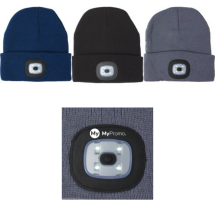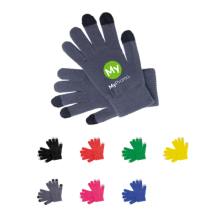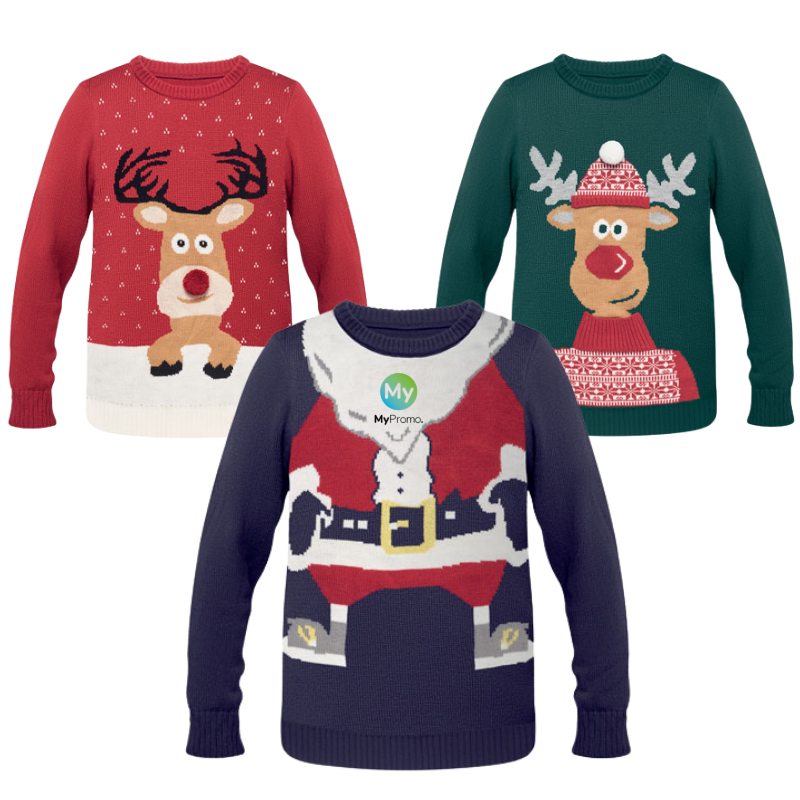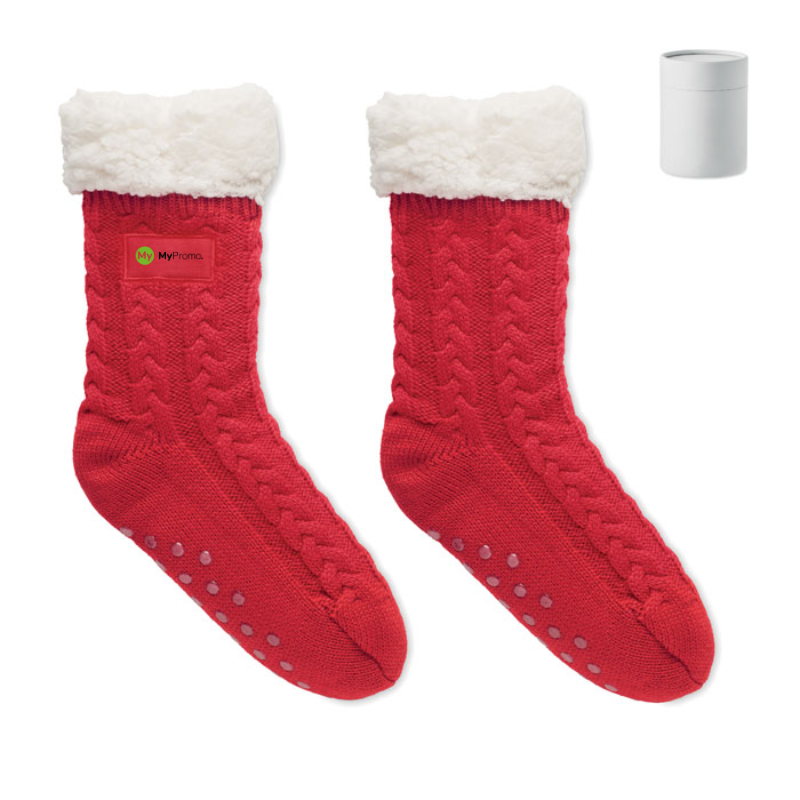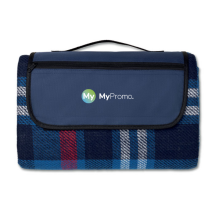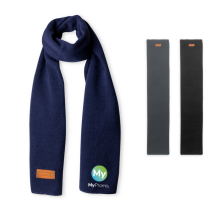Acrylic
What is Acrylic?
Acrylic is a versatile synthetic polymer used extensively in various manufacturing sectors, including the production of promotional gifts. Known for its clarity and strength, acrylic is a popular choice in industries where aesthetics and durability are paramount. This material is chemically known as polymethyl methacrylate (PMMA) and was developed in the early 20th century, gaining widespread use for its glass-like qualities and resistance to impact. Acrylic begins its journey as a monomer liquid, methyl methacrylate, which undergoes a process called polymerisation. This transformation occurs under controlled conditions where the monomer molecules bond into long polymer chains, creating the solid material known as acrylic. The resulting product can then be extruded or moulded into sheets, rods, and various shapes ready for commercial use.Unique Characteristics of Acrylic
Acrylic is renowned for its excellent properties, including high transparency, UV resistance, and good impact strength. It is lighter than glass and offers superior weather resistance, making it an ideal material for outdoor applications. Additionally, acrylic is easy to fabricate and can be cut, drilled, and shaped more easily than glass, which adds to its versatility in manufacturing.
Applications of Acrylic in Manufacturing and Promotions
Acrylic's utility spans across numerous applications, from aquariums and furniture to protective barriers and signage. In the realm of promotional gifts, acrylic is extensively used due to its ease of customisation and high-quality finish. Products such as personalised trophies, personalised keyrings, and custom awards are commonly crafted from acrylic. Its ability to be laser-cut and engraved allows for detailed logos and messages, enhancing brand visibility.
Advantages Over Other Materials
Compared to other plastics and glass, acrylic stands out for its clarity and strength. It is often preferred over glass in safety-sensitive applications due to its shatter-resistant nature. However, it's worth noting that acrylic can scratch more easily than glass and can become discoloured over time if exposed to direct sunlight.
Challenges and Limitations
While acrylic offers many benefits, there are challenges to consider. Its susceptibility to scratches and sensitivity to certain chemicals can limit its use in harsh environments. Furthermore, while it is more impact-resistant than glass, it is not completely unbreakable.
Acrylic remains a favoured material in both industrial applications and promotional products due to its versatility, aesthetic appeal, and durability. Understanding its properties and how to best utilise them can significantly enhance the outcome of manufacturing projects and promotional endeavours.
| Property | Description |
|---|---|
| Transparency | High transparency similar to glass |
| UV Resistance | Excellent resistance to ultraviolet light |
| Impact Strength | Strong but less brittle than glass |
| Weather Resistance | High resistance to weather elements |
| Fabrication Flexibility | Easily fabricated – can be cut, drilled, and shaped |
| Weight | Lighter than glass |
| Chemical Sensitivity | Sensitive to certain chemicals, prone to scratches |
What is acrylic made of?
Acrylic, also known scientifically as polymethyl methacrylate (PMMA), is made from a synthetic polymer derived from the monomer methyl methacrylate. Through a process called polymerisation, these monomer molecules bond together to form long polymer chains, creating the durable and clear material known as acrylic.
How durable is acrylic compared to glass?
Acrylic is significantly more impact-resistant than glass, making it a preferred choice in safety-sensitive applications such as protective barriers, aquariums, and signage. While acrylic is harder to break, it is more prone to scratching than glass and can degrade if exposed to sunlight for prolonged periods without UV-stabilisation treatments.
Can acrylic be recycled?
Yes, acrylic can be recycled. However, the recycling process for acrylic is not as straightforward as it is for materials like paper or standard plastics. Acrylic needs to be separated and processed in specialised recycling facilities where it can be broken down chemically or mechanically into its monomer form and then repolymerised for reuse.
Is acrylic environmentally friendly?
Acrylic is not biodegradable and can have a long-term impact on the environment if not disposed of correctly. However, its durability can lead to longer product lifespans, reducing the frequency of replacement. Additionally, efforts to recycle and responsibly manage acrylic waste can help mitigate its environmental impact.
How does acrylic react to weather conditions?
Acrylic exhibits excellent weather resistance, which makes it suitable for outdoor applications. It remains stable and retains its clarity and shape under various environmental conditions, including exposure to sunlight, rain, and temperature changes. However, to ensure maximum longevity and performance, it is recommended to use UV-stabilised grades of acrylic in outdoor settings.
